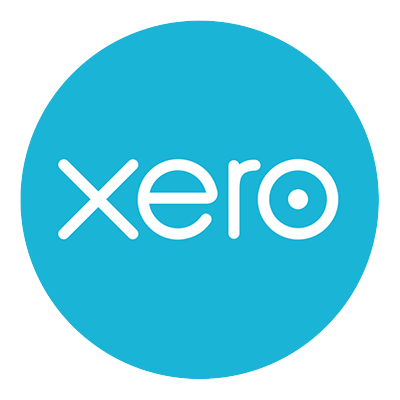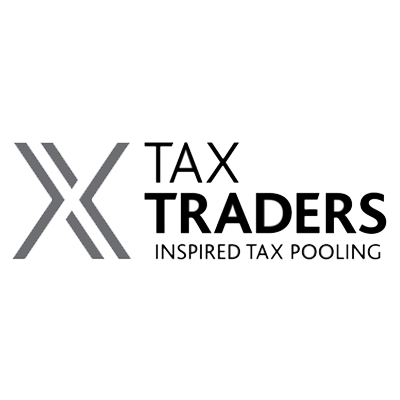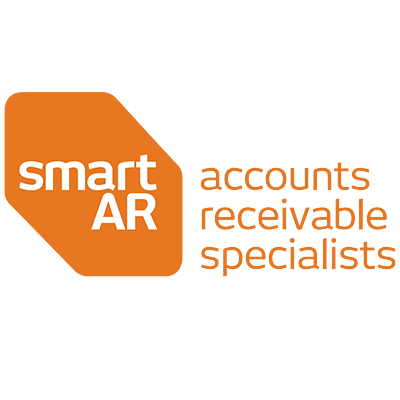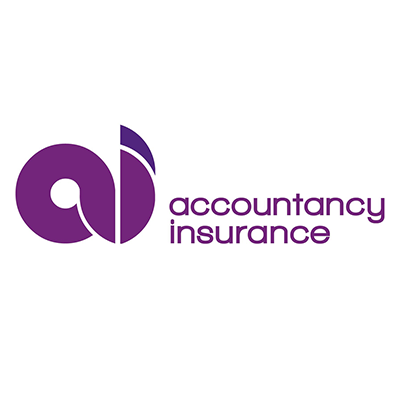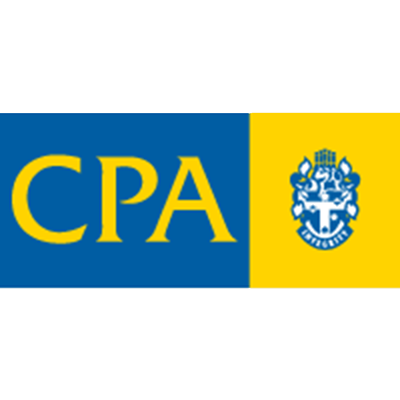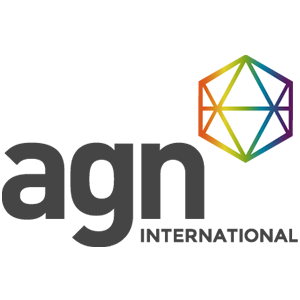Business expenses are expenses you pay to run your business. Regardless of what industry you are in, every business incurs a wide range of business expenses.
Business expenses may be deductible or non-deductible. When deductible, they reduce your taxable income and the amount of tax to pay. Therefore, the more you can claim, the less tax you have to pay. As business owners, you need to maintain good records of your business expenses (and income obviously) and therefore, understanding what types of costs count as business expenses become extremely important.
Business expenses can be split into two main categories:
- Day to day ‘revenue expenses’ for running your businessCommon examples include advertising, wages, certain insurance premiums, office rent, vehicle and travel costs incurred for business purposes, office supplies, depreciation on items like computer and office furniture, work uniforms, home office expenses and so on.
- Assets you buy for your business
For example, motor vehicles, machinery, computers or tools are called ‘capital expenses’. Any assets that cost more than $1,000 would have to be capitalised forming part of your business’s fixed assets and can usually be depreciated.
Generally, you claim your revenue expenses in the year you incur them in your business and depreciate capital expenses over time.
Claiming a deduction
In order to claim or deduct expenses against your business income thereby reducing the overall taxable income of your business (or increasing the taxable loss) for the year, in general, you need to ensure that:
- the expense must have been be incurred;
- the expense must be linked to an income-earning process or a business;
- the expense has to be allocated appropriately in the relevant income year it is incurred (there can be instances where a deduction may be allocated to an income year other than the year in which it is incurred however);
- the deduction has not otherwise been denied by a provision in the tax legislation (e.g. expenses with capital nature would normally be non-deductible.)
- apportionment has been done to split any expenses that relate to both business and private purposes accordingly so that only the business portion of the expense is being claimed.
- no deductions for private or domestic expenses or expenses incurred in deriving exempt income.
Claiming expenses for the use of your home
For home-based businesses, owners can make a claim for the use of a portion of your household expenses. In order to claim the expenses, there must be a nexus between the use of your home and the business income being generated. The portion you can claim relates to the area of your home that you use to run your business.
Examples of some household expenses you may be able to apportion and claim include house and contents insurance, rates, rent, electricity and maintenance. Whether GST is claimable on these expenses will depend on whether your business is registered for GST or not. If you are registered for GST, then you can claim a portion of the GST incurred on these expenses.
If you have a mortgage on your house, you can also claim the same proportion of your mortgage interest (but not the principal) paid during the relevant tax year. There is no GST involved in this.
There is an alternative method in claiming household expenses in your business, the ‘square metre rate method’. This method involves a two-step calculation and uses a rate that is set by the IRD each year based on the average cost of utilities per square metre of housing for the average Kiwi household. This rate excludes mortgage interest, rates or rent. There is then a second step to provide deduction for mortgage, rates or rent. These costs are calculated in proportion to the portion of the home that are separately identifiable and used primarily for business purposes.
Keeping good records
Good records should be maintained to support whatever business expenses including household costs your business is claiming. You can then go back to the receipts or invoices and ask your tax advisor which expenses are tax deductible in your business. The record keeping process is now largely automated through the use of accounting software programs or apps that are designed to enable businesses to track income and expenses in a more streamlined manner.



